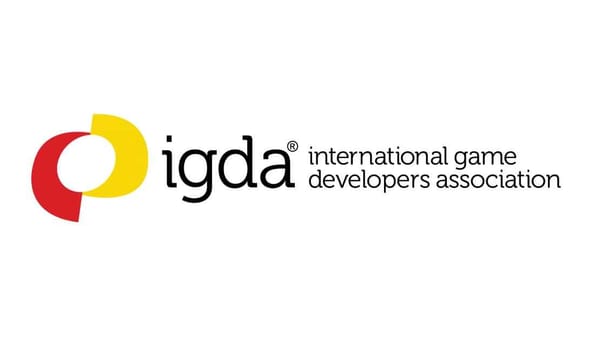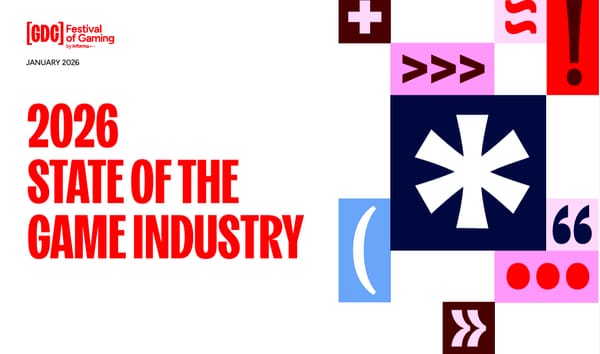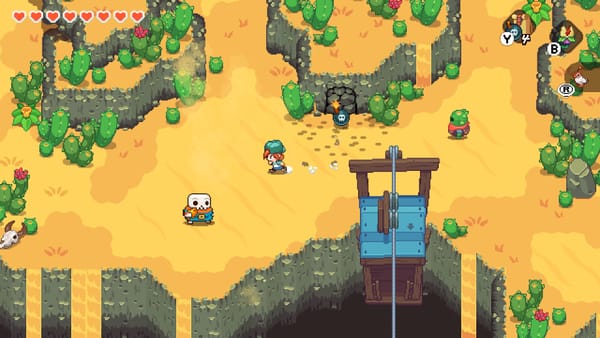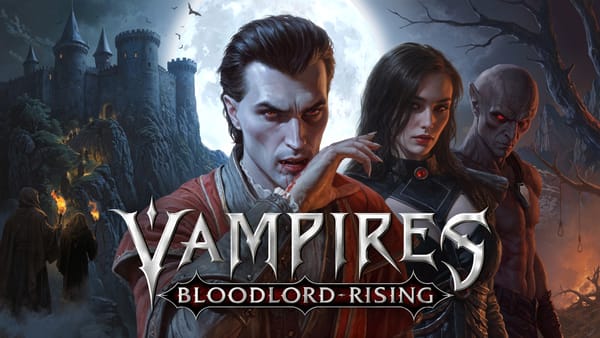IGDA "Strongly Alarmed by Censorship" of Adult Games



The International Game Developers Association (IGDA) has not only issued an extensive statement about adult game delistings, but also gathered resources like alternative payment processors and avenues of protest for developers to use.
International Game Developers Association (IGDA) has issued a statement on the delistings of adult games on Steam and itch.io and the underlying pressure of payment processors on storefronts. The association is next in line after statements came in recent days from national associations like the UK's Ukie and German game.
The extensive statement not only includes the position of the IGDA and demands towards payment processors, storefronts and lobby groups, but also ressources for developers and even alternate payment processors for stores and developers to use.
The full statement:
“The International Game Developers Association (IGDA) is seriously alarmed by the recent wave of game delistings, deindexing, and payment disruptions targeting adult-themed titles on platforms such as Steam and Itch.io. Reports suggest these actions have been taken with little to no communication and have disproportionately harmed developers producing legal, consensual, and ethically-developed content, including creators from marginalized communities.
Platforms have long had terms of service restricting content such as non-consensual acts, rape, incest, and material that violates payment processor guidelines. The concern today is not the existence of these rules, but rather that their enforcement is adversely impacting games that do not actually violate these restrictions, often without warning or explanation. Developers report games being delisted or hidden despite prior approval or longstanding presence on these platforms. The lack of transparency around enforcement criteria, sudden shifts in policy, and an absence of appeal pathways leave creators with no clear path to compliance or recourse.
Games that feature consensual adult content, including queer, kink-positive, or romantic narratives, are easily targeted under vague or overly cautious enforcement, often forcing developers into silence or self-censorship because platforms fear perceived risks associated with hosting legal adult content.
Further reports suggest that recent policy changes are driven in large part by pressure from payment processors like Visa, Mastercard, and others, who may threaten to withhold payment processing services from platforms hosting adult content. As a result, financial institutions are now influencing which stories can be told and sold in games, with minimal transparency or public accountability.
Censorship like this is materially harmful to game developers in a number of ways, with implications including:
To be clear, the IGDA does not condone or support content that promotes or fetishizes sexual violence, non-consensual sexual acts, or the sexualization of minors. These forms of content are incompatible with IGDA’s values and the ethical standards of responsible game development.
Our advocacy focuses specifically on developers creating consensual, lawful, and ethically-developed games, and we support clear, consistent content policies, not vague or overly broad censorship.
Games, like any medium of artistic expression, can explore themes of intimacy, pleasure, trauma, or identity. When created ethically and distributed legally, these works deserve to be evaluated fairly, transparently, and contextually, not swept aside due to stigma or third-party pressure. Many of these same games already follow established rating systems and content warnings, including ESRB and international equivalents. Developers are using existing tools to clearly communicate content, set expectations, and responsibly age-gate their work. The issue is not a lack of safeguards, but a lack of proportionate, informed, and transparent enforcement.”
The recommendations the IGDA gives for payment processors and further proceedings in protesting the delistings can be found on their website.








